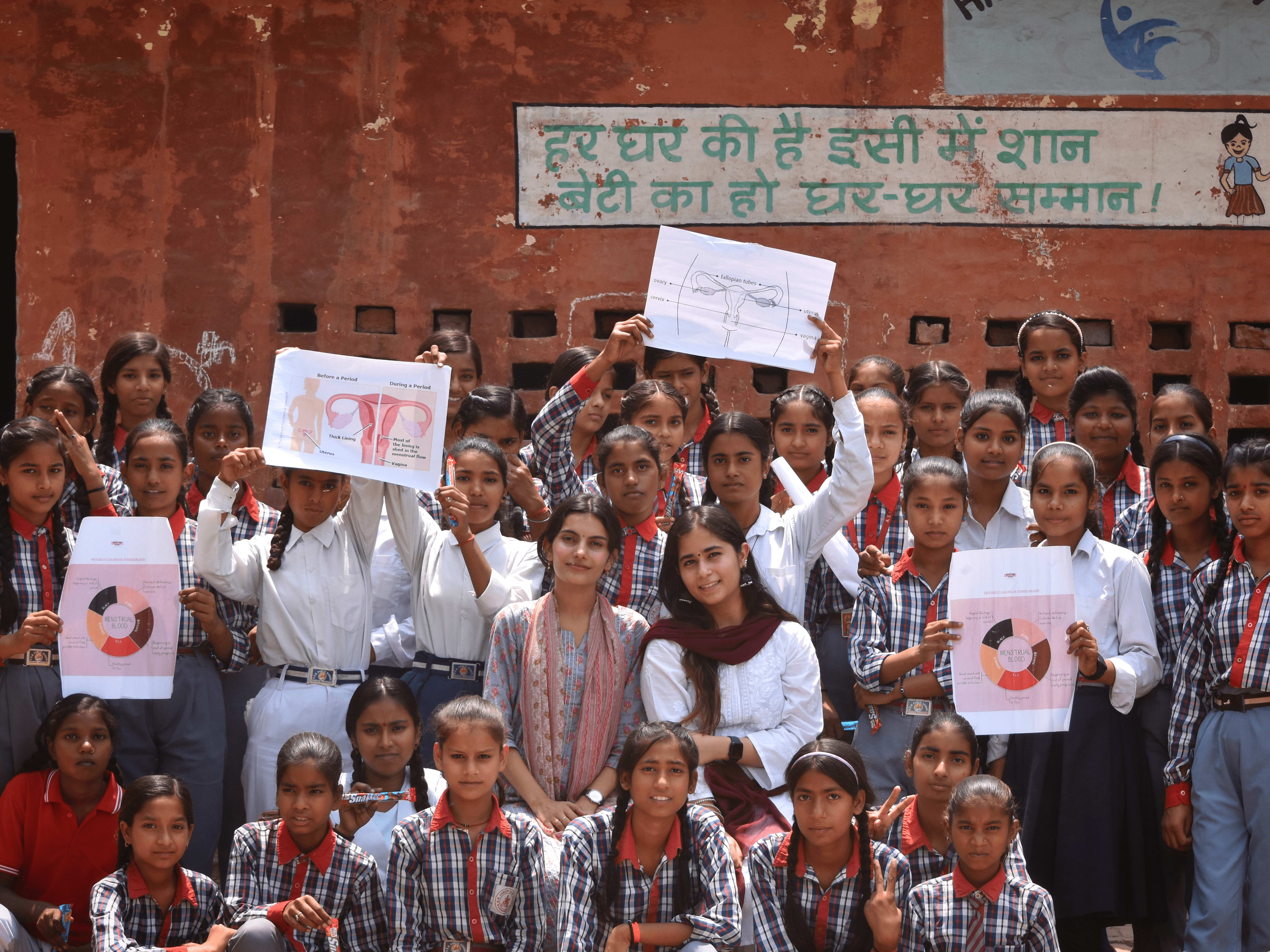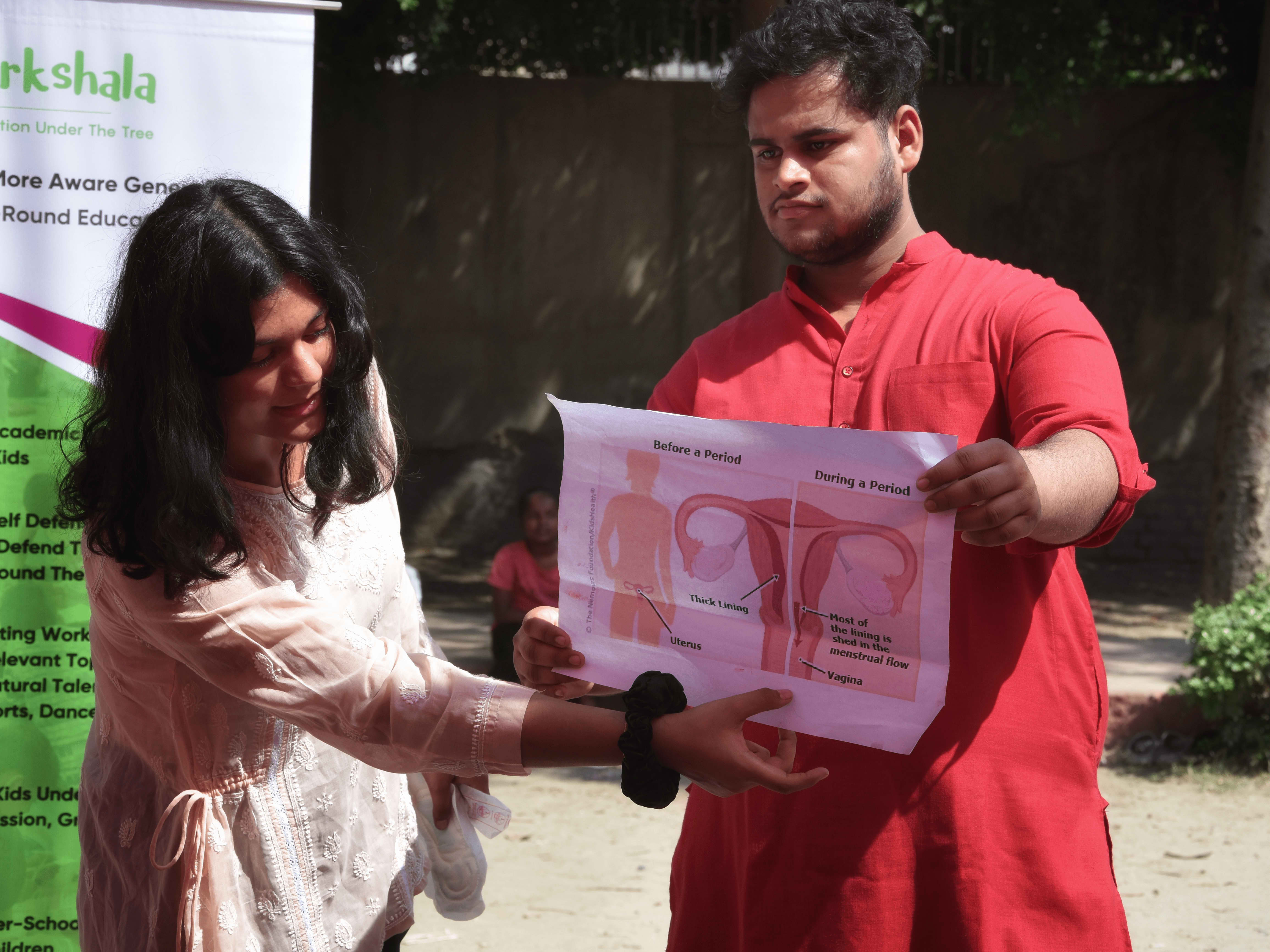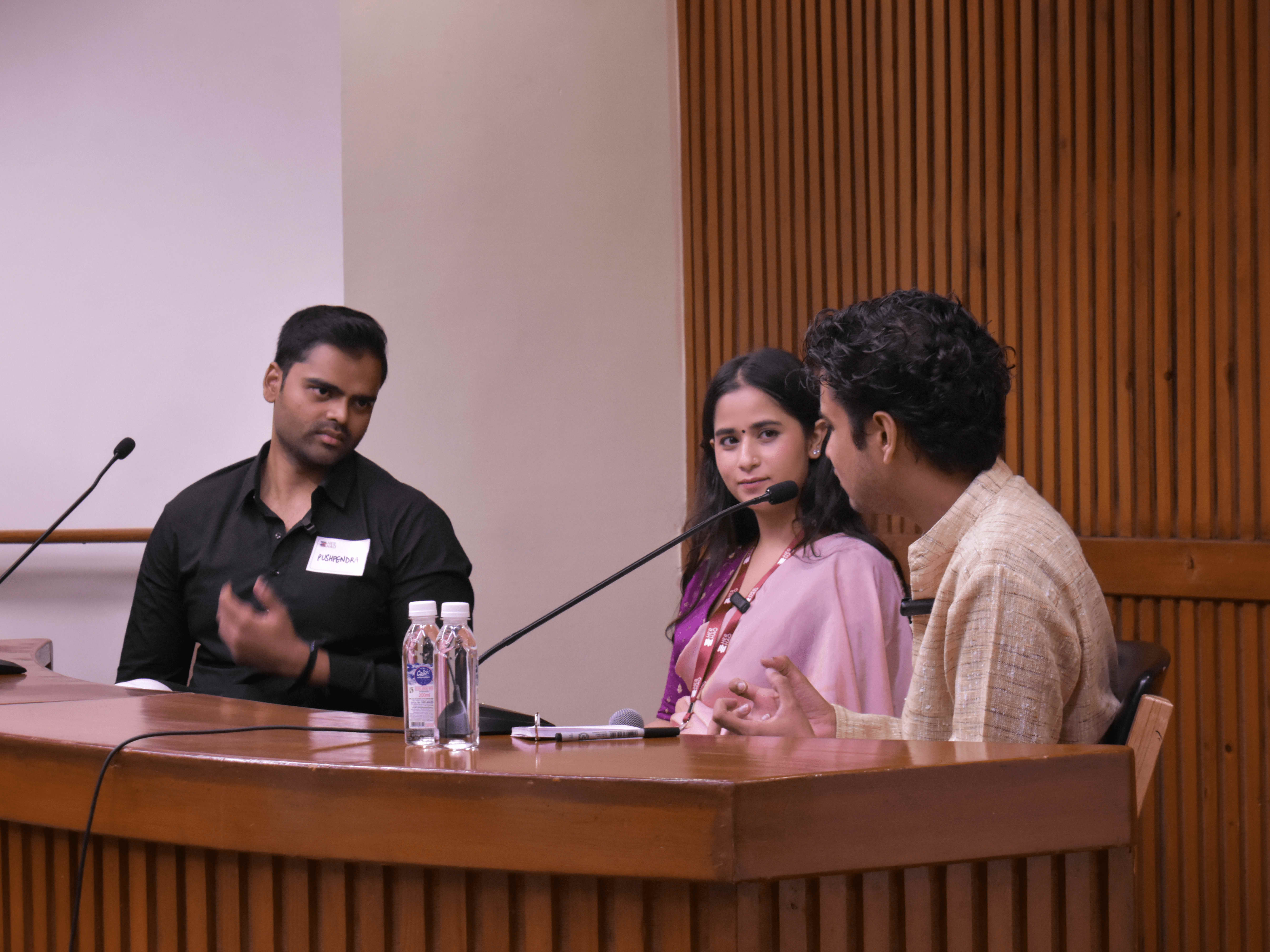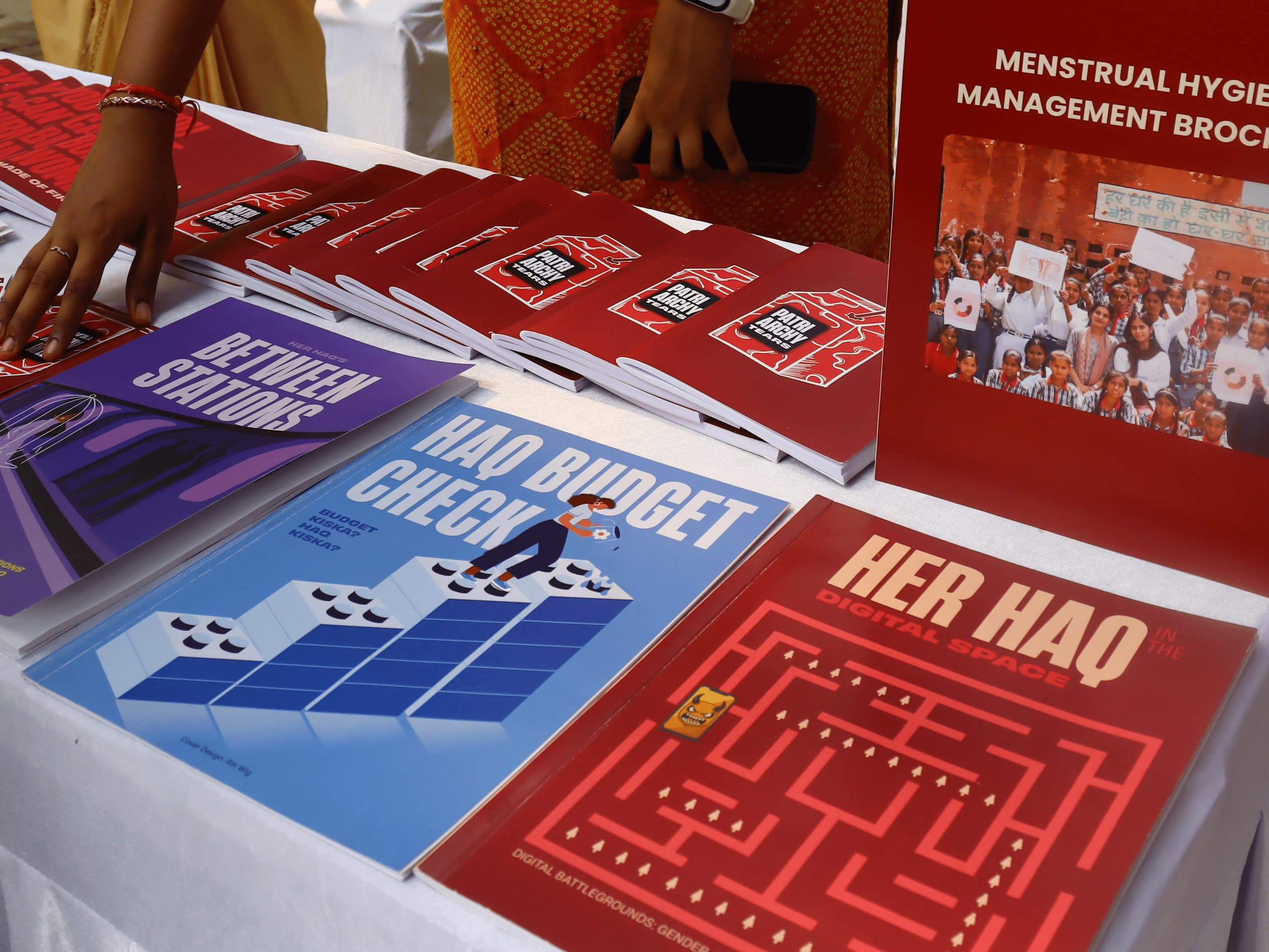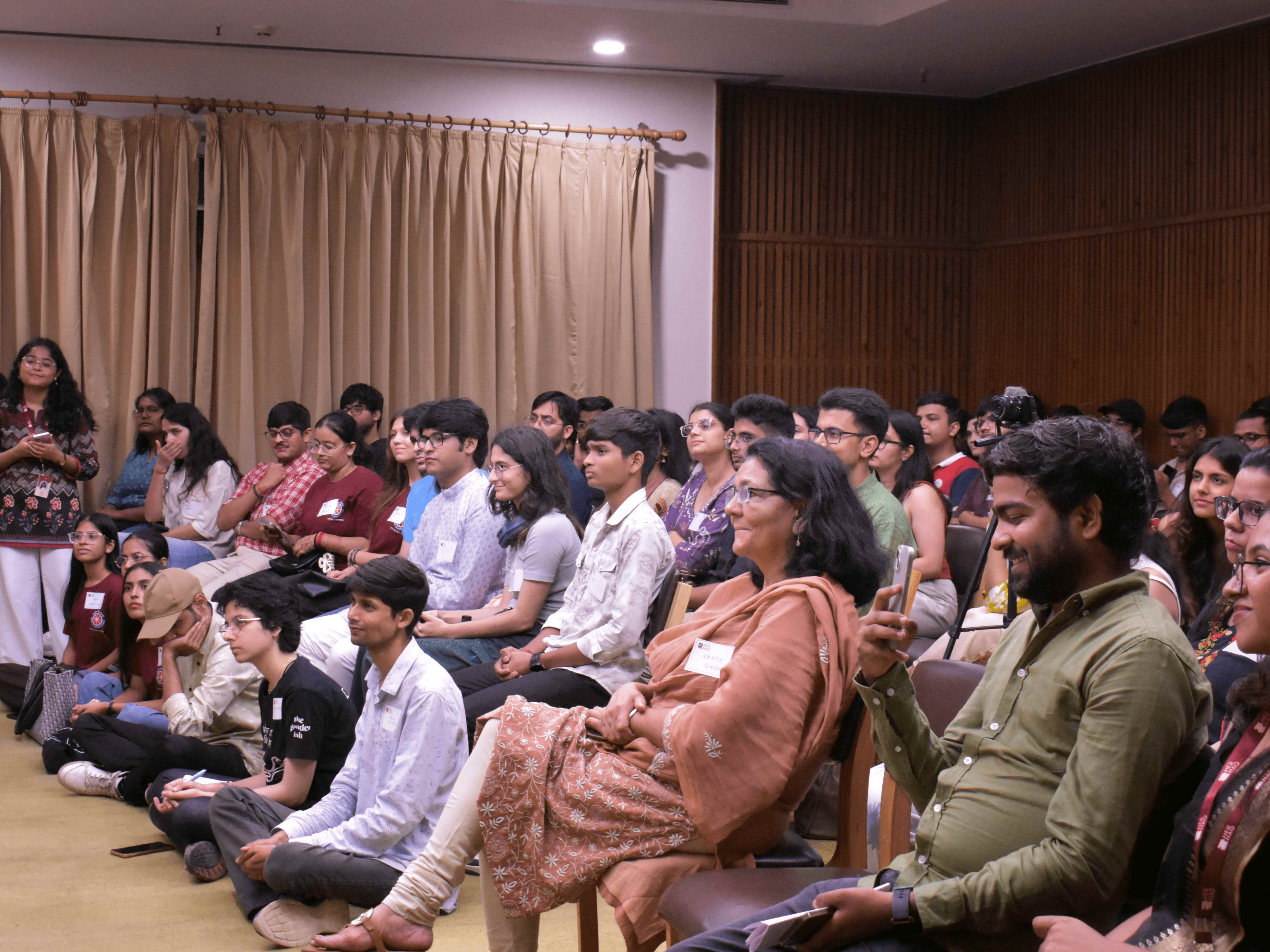WHO WE ARE
Her Haq was born from a sense of discontent and hope. Discontent
with the way policy conversations too often exclude the people
most affected. And hope that there could be a better way, one that
starts with listening, not prescribing. What began as a small
student-led initiative quickly grew into a youth-powered nonprofit
with a clear mission: to centre the voices of women and girls in
shaping the systems that impact their lives. From the very
beginning, our work has been grounded in one simple belief—those
closest to the problem should lead the way in solving it.
At Her Haq, we work at the intersection of grassroots lived
experience and systemic change. We research, convene, and
co-create solutions with communities who are too often spoken for
instead of spoken with. Our projects span digital safety
workshops, community-led research, legal advocacy, and public
convenings like Haq Summit and Charcha, which bring together
experts, policymakers, and citizens in collective dialogue. We aim
to be positively disruptive, pushing back against outdated systems
while working constructively with decision-makers to close the
gaps that perpetuate inequality. Our goal isn't just to critique
what exists, but to help build what's missing: inclusive,
accountable, and feminist structures that respond to the real
needs of real people.
We are not here to lead from above but to work alongside
stakeholders. Her Haq is a bridge between communities and
institutions, between everyday realities and systemic reform. And
we are just getting started.
